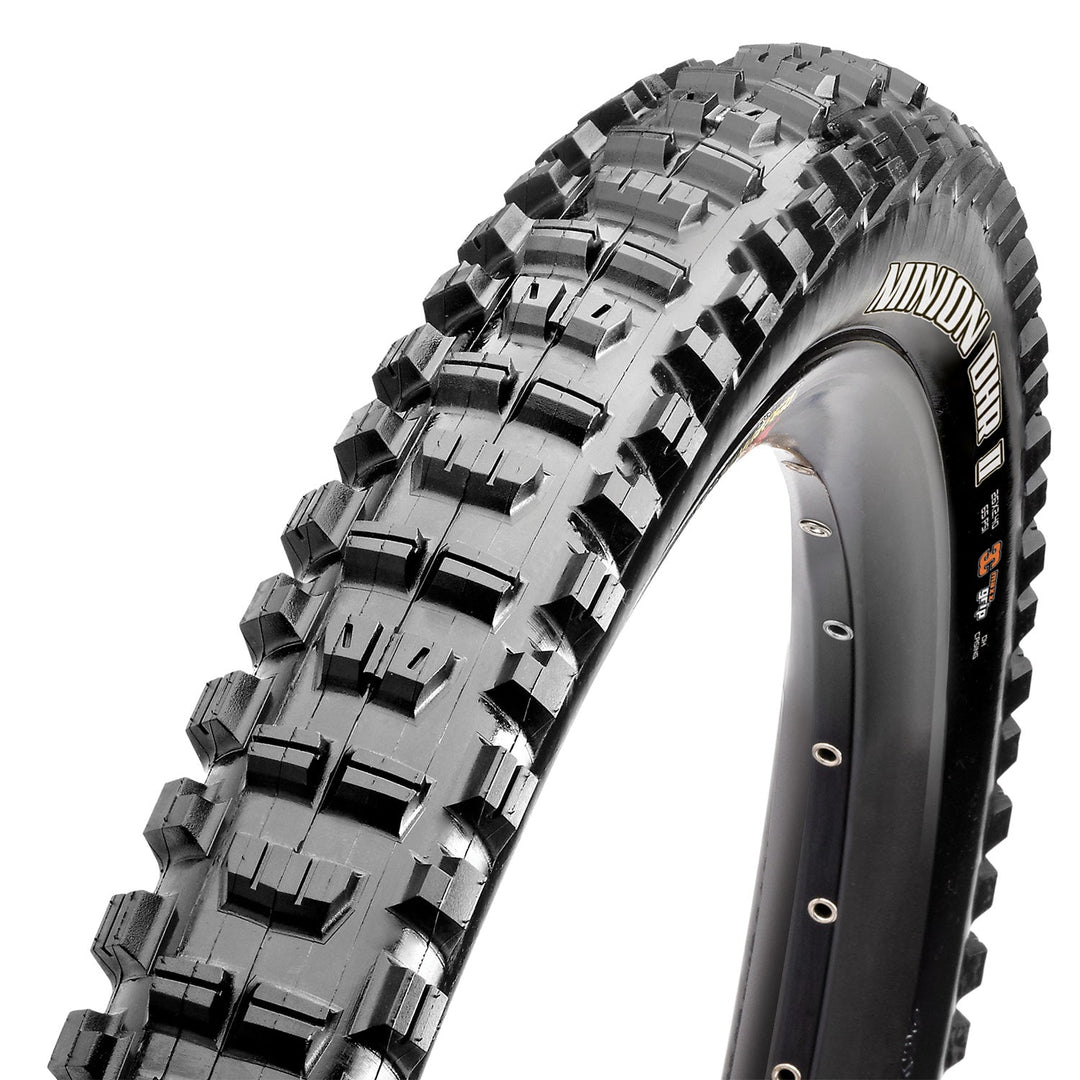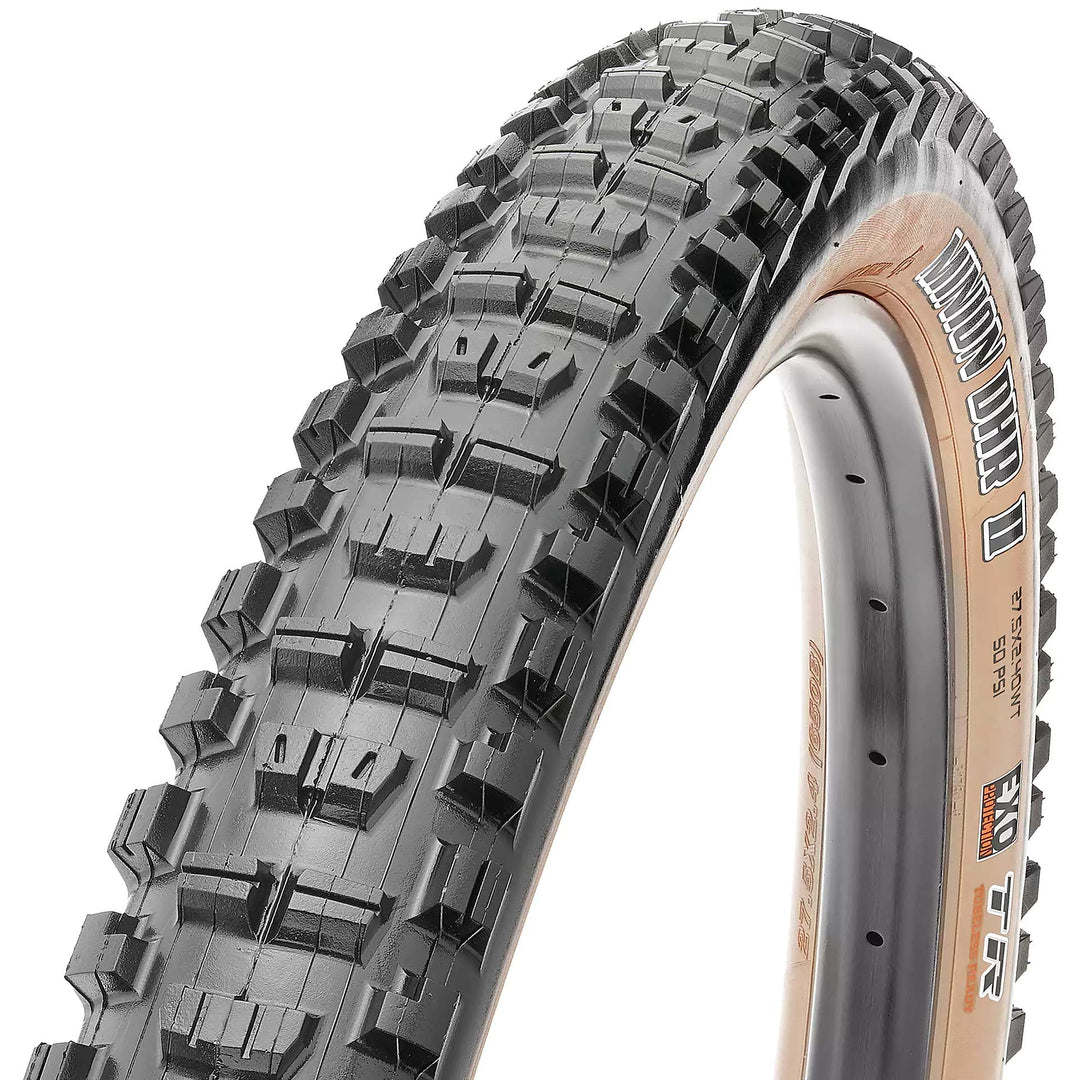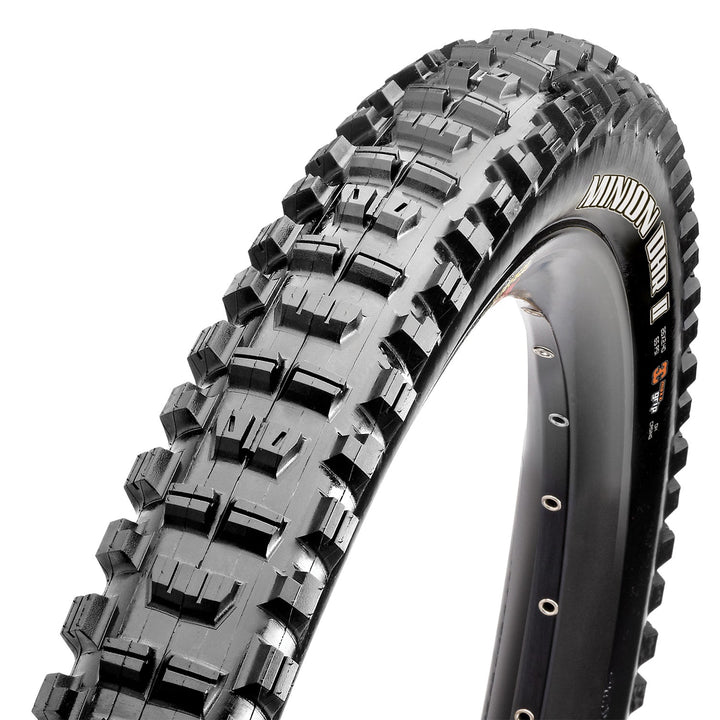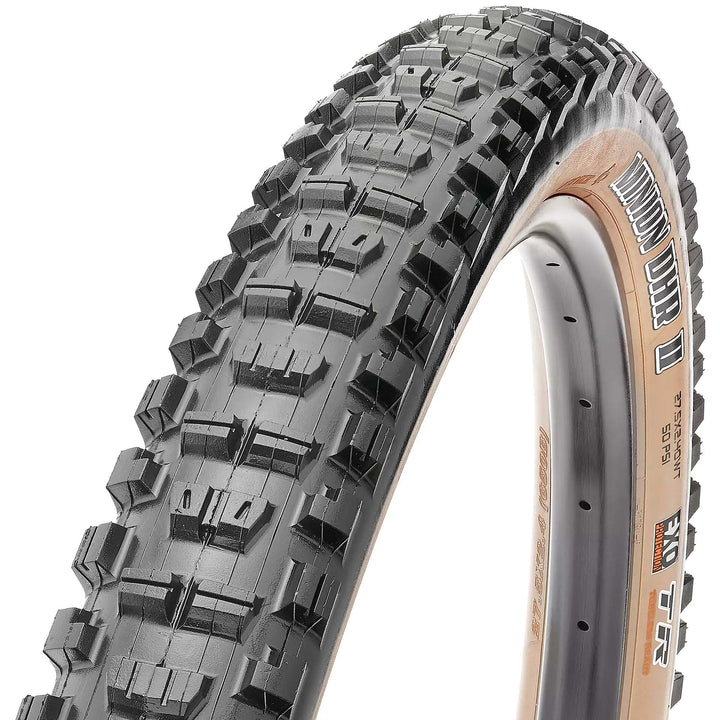
Enjoy FREE shipping on all orders over $99! Orders under $99 ship for just $7.95.
All bikes ship FREE, including top brands like Cannondale, Santa Cruz, Cervelo, Gazelle, and Pivot. For the best ride-ready experience, our Gold Label Assembly service is automatically added at checkout for only $79 (regularly $100). This ensures your bike is professionally built, tested, and expertly re-packaged by our certified technicians—It's bike shop quality, direct to your doorstep.
Some bikes may be ineligible for shipping due to manufacturer restrictions.
Shop with confidence! It's important to us that you are happy with your Mike’s Bikes purchase so we offer offer a 30-day return/exchange window for your unused gear and 14 days on all bikes. Our exchange and return process is fast and easy. If you choose to exchange for a different size or color, we will ship your product for free.







